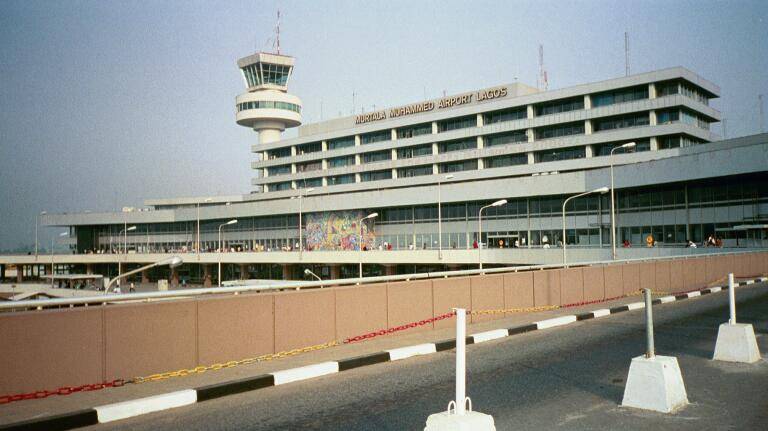In the most recent revision of its travel advisory, the United States government has expressed significant apprehensions regarding travel to Nigeria, highlighting a myriad of security challenges encompassing a broad spectrum of issues, including crime, terrorism, civil unrest, and kidnapping. These pressing concerns have compelled the U.S. Department of State to issue a “Reconsider Travel” advisory for the nation. To gain a more comprehensive understanding of the situation at hand, it becomes imperative to delve deeper into the numerical and statistical data that underpin these advisory cautions.
Do not Travel to Specific Region in Nigeria
The U.S. travel advisory singles out several states and regions in Nigeria as particularly high-risk areas, where travelers are strongly advised not to visit. These regions include:
- Borno, Yobe, Kogi, and Northern Adamawa States: These states are designated as Level 4 “Do Not Travel” areas due to the fluid and unpredictable security situation. Widespread terrorist activity, inter-communal violence, and kidnapping are prevalent. Security operations to combat these threats can occur without warning.
- Bauchi, Gombe, Kaduna, Kano, Katsina, Sokoto, and Zamfara States: Similarly, these states are classified as Level 4 “Do Not Travel” areas due to the unpredictable security situation marked by inter-communal violence and armed criminality, especially kidnapping and roadside banditry. Security operations to counter these threats may also occur suddenly.
- Abia, Anambra, Bayelsa, Delta, Enugu, Imo, and Rivers States (excluding Port Harcourt): Southern Nigeria is plagued by rampant crime, with a heightened risk of kidnapping, violent civil unrest, and the presence of armed gangs. Travelers are strongly advised against visiting these areas.
Country Summary: Key Points
- Violent Crime: Nigeria faces numerous challenges related to violent crime, including armed robbery, assault, carjacking, kidnapping, hostage taking, roadside banditry, and rape. These crimes are widespread across the country.

- Kidnappings: Kidnappings for ransom are alarmingly frequent in Nigeria, often targeting dual national citizens and U.S. citizens perceived as wealthy. Kidnapping gangs have been known to intercept victims on interstate roads.
- Terrorism: Terrorist groups continue to plot and carry out attacks in Nigeria, targeting various public places such as shopping centers, malls, markets, hotels, places of worship, restaurants, bars, schools, government installations, transportation hubs, and areas with large crowds.
- Civil Unrest and Armed Gangs: The southern regions of Nigeria, particularly the Niger Delta and Southeast, experience civil unrest and the presence of armed gangs. This includes incidents such as kidnapping and assaults on Nigerian security services.
- Farmers-Herders Conflict: Violence can erupt between communities of farmers and herders in rural areas, further contributing to the security challenges.

Limited U.S. Assistance
One crucial point that warrants attention is the restricted capacity of the U.S. government to deliver emergency services to American citizens in numerous regions of Nigeria, largely attributed to the ongoing security challenges in those areas. It is highly advisable for travelers to adopt precautionary measures, which include proactive enrollment in the Smart Traveler Enrollment Program (STEP) to receive timely alerts and formulating evacuation strategies that do not solely rely on assistance from the U.S. government.
In summation, these figures and data illuminate the gravity of security-related issues prevailing in Nigeria. It is imperative for individuals planning a trip to this nation to exercise utmost vigilance, meticulously evaluate the associated risks, and prioritize their personal safety and well-being above all other considerations.
Table of Contents
Discover more from OGM News NG
Subscribe to get the latest posts sent to your email.














